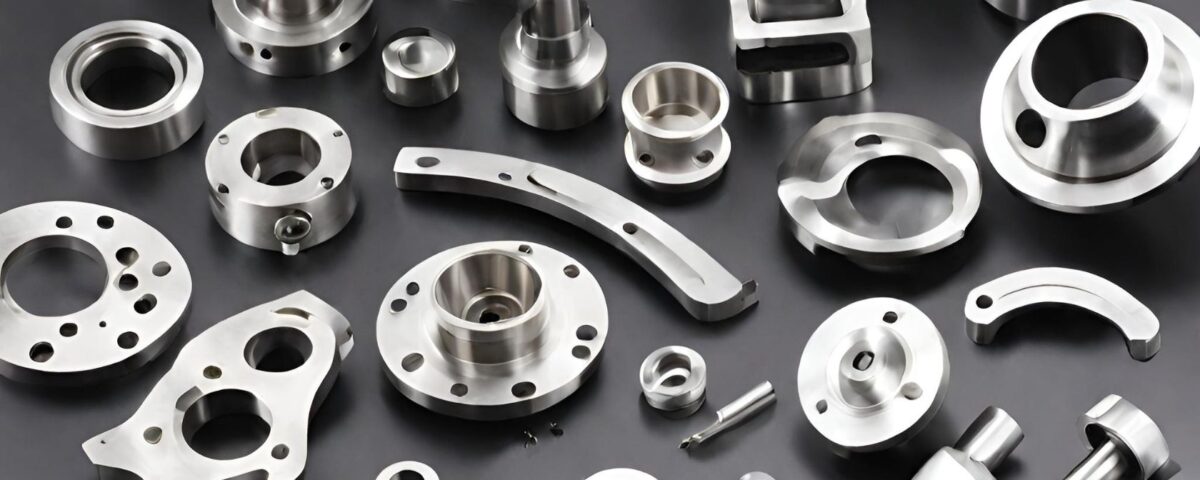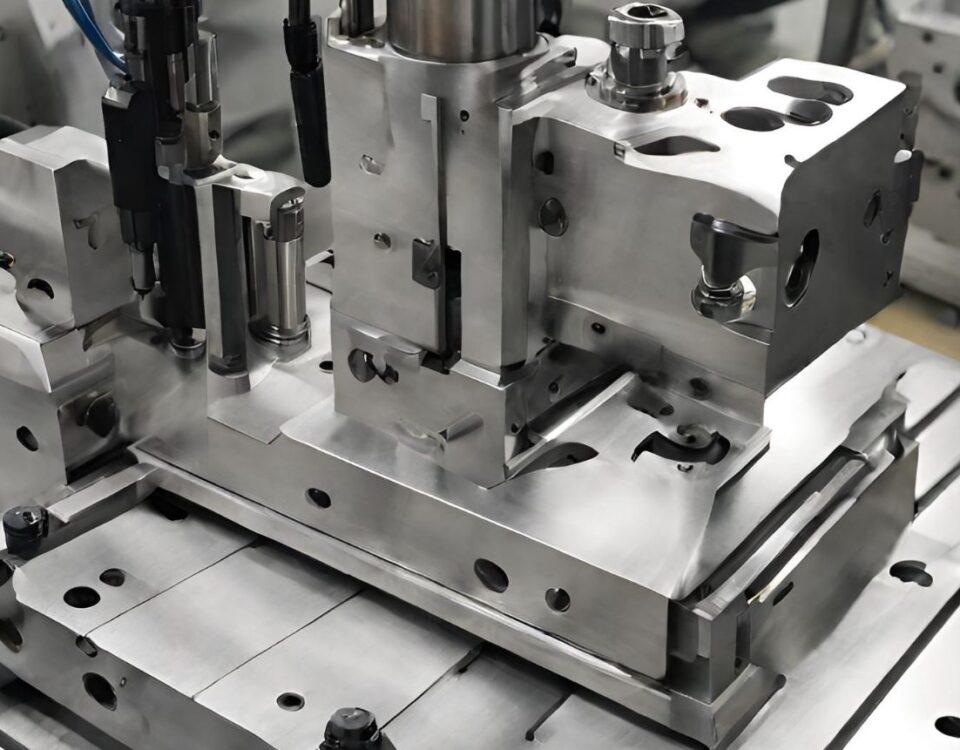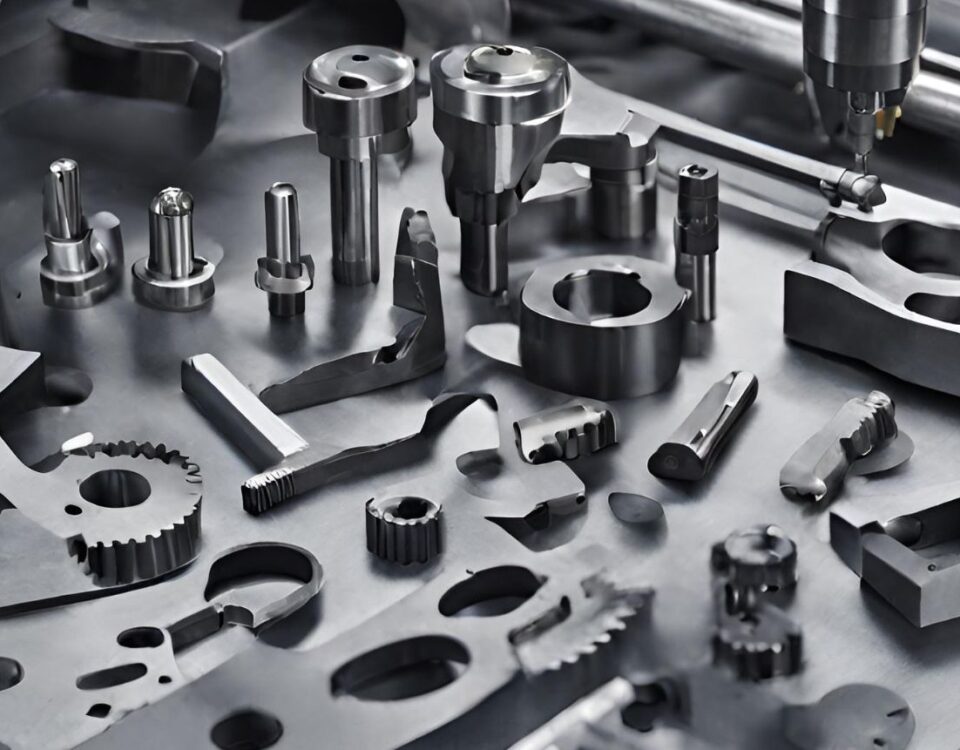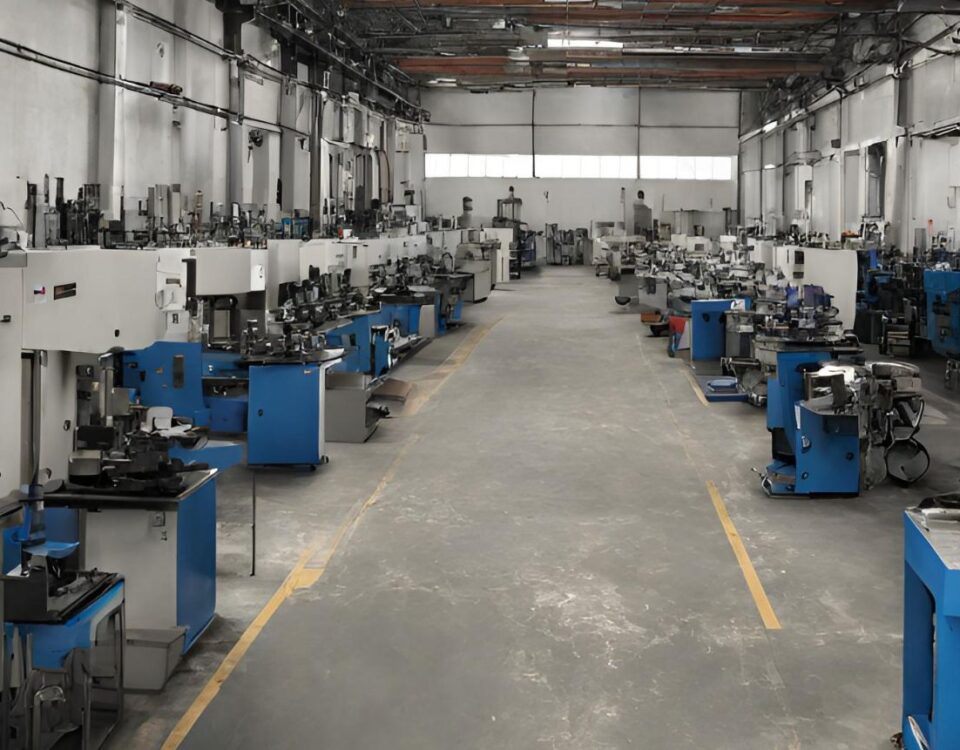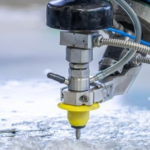
The Mechanics of CNC Manufacturing
8 February 2024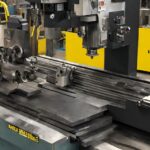
Machining and Fabrication: Exploring Precision in Manufacturing
15 February 2024In today's fast-paced manufacturing landscape, the demand for precision-engineered components tailored to specific needs is on the rise. Customized machining parts, often referred to as bespoke or tailored components, play a pivotal role in various industries, offering unparalleled flexibility, performance, and cost-effectiveness. This article delves into the world of customized machining parts, exploring their importance, applications, manufacturing processes, and future prospects.
Understanding Customized Machining Parts
Customized machining parts are engineered components manufactured to precise specifications based on the unique requirements of a particular application or project. Unlike off-the-shelf parts, which may offer generic solutions, customized parts are designed to fit seamlessly into specific systems or machinery, optimizing performance and efficiency. From automotive and aerospace to healthcare and electronics, customized machining parts find applications across diverse industries, driving innovation and addressing complex engineering challenges.
Key Components of Customized Machining Parts
-
Tailored Designs: Customized machining parts begin with a thorough understanding of the application's requirements and constraints. Engineers work closely with clients to develop tailored designs that meet performance criteria while optimizing factors such as size, weight, and material selection.
-
Advanced Materials: Customized machining parts are fabricated from a wide range of materials, including metals, plastics, composites, and ceramics. These materials are selected based on their mechanical properties, durability, and suitability for the intended application, ensuring optimal performance and longevity.
-
Precision Machining: The manufacturing process for customized machining parts typically involves precision machining techniques such as CNC milling, turning, drilling, and grinding. These processes enable the fabrication of complex geometries with tight tolerances, ensuring that each component meets exact specifications.
-
Quality Assurance: Quality assurance is integral to the production of customized machining parts, with stringent inspection procedures and testing protocols employed to verify dimensional accuracy, surface finish, and material properties. This ensures that each component meets the highest standards of quality and reliability.
Applications of Customized Machining Parts
-
Automotive Industry: Customized machining parts play a vital role in the automotive sector, where precision-engineered components are used in vehicle assembly, engine systems, transmission mechanisms, and chassis components. From lightweight alloys for improved fuel efficiency to specialized coatings for enhanced durability, customized parts contribute to the performance and safety of modern vehicles.
-
Aerospace and Defense: In the aerospace and defense industries, customized machining parts are essential for aircraft and spacecraft manufacturing, where reliability, performance, and safety are paramount. From turbine blades and structural components to avionics systems and propulsion mechanisms, customized parts enable the development of advanced aerospace technologies.
-
Medical Devices and Healthcare: Customized machining parts are widely utilized in the healthcare sector for the production of medical devices, implants, and surgical instruments. From orthopedic implants to diagnostic equipment, customized parts are tailored to meet the unique needs of patients and healthcare professionals, ensuring precise functionality and compatibility.
-
Electronics and Semiconductor Manufacturing: In the electronics industry, customized machining parts are integral to the production of electronic components, circuit boards, and semiconductor devices. From precision-machined housings and connectors to intricate microelectronic components, customized parts enable the development of cutting-edge electronic technologies.
Advantages of Customized Machining Parts
-
Tailored Solutions: Customized machining parts offer tailored solutions to specific engineering challenges, allowing for greater flexibility, functionality, and performance optimization.
-
Enhanced Performance: By optimizing designs, materials, and manufacturing processes, customized parts deliver superior performance compared to off-the-shelf alternatives, leading to improved efficiency, reliability, and longevity.
-
Cost Efficiency: While the upfront costs of custom machining may be higher than standard components, the long-term benefits in terms of performance, reliability, and operational efficiency often outweigh the initial investment.
-
Innovation and Differentiation: Customized machining parts enable companies to differentiate themselves in the marketplace by offering unique solutions tailored to customer needs. This fosters innovation and drives competitiveness in an increasingly dynamic business environment.
Challenges and Future Trends
Despite their numerous advantages, customized machining parts also present certain challenges, including the need for advanced engineering expertise, specialized equipment, and efficient supply chain management. However, ongoing advancements in digital design tools, additive manufacturing technologies, and materials science are poised to revolutionize the field of customized machining, making processes more efficient, cost-effective, and environmentally sustainable.
Conclusion
In conclusion, customized machining parts represent a cornerstone of modern manufacturing, offering tailored solutions to complex engineering challenges across various industries. From automotive and aerospace to healthcare and electronics, customized parts drive innovation, enhance performance, and enable companies to stay ahead of the curve in a competitive global marketplace. As technology continues to evolve and customer demands evolve, the importance of customized machining parts in unlocking new possibilities and driving progress cannot be overstated.

